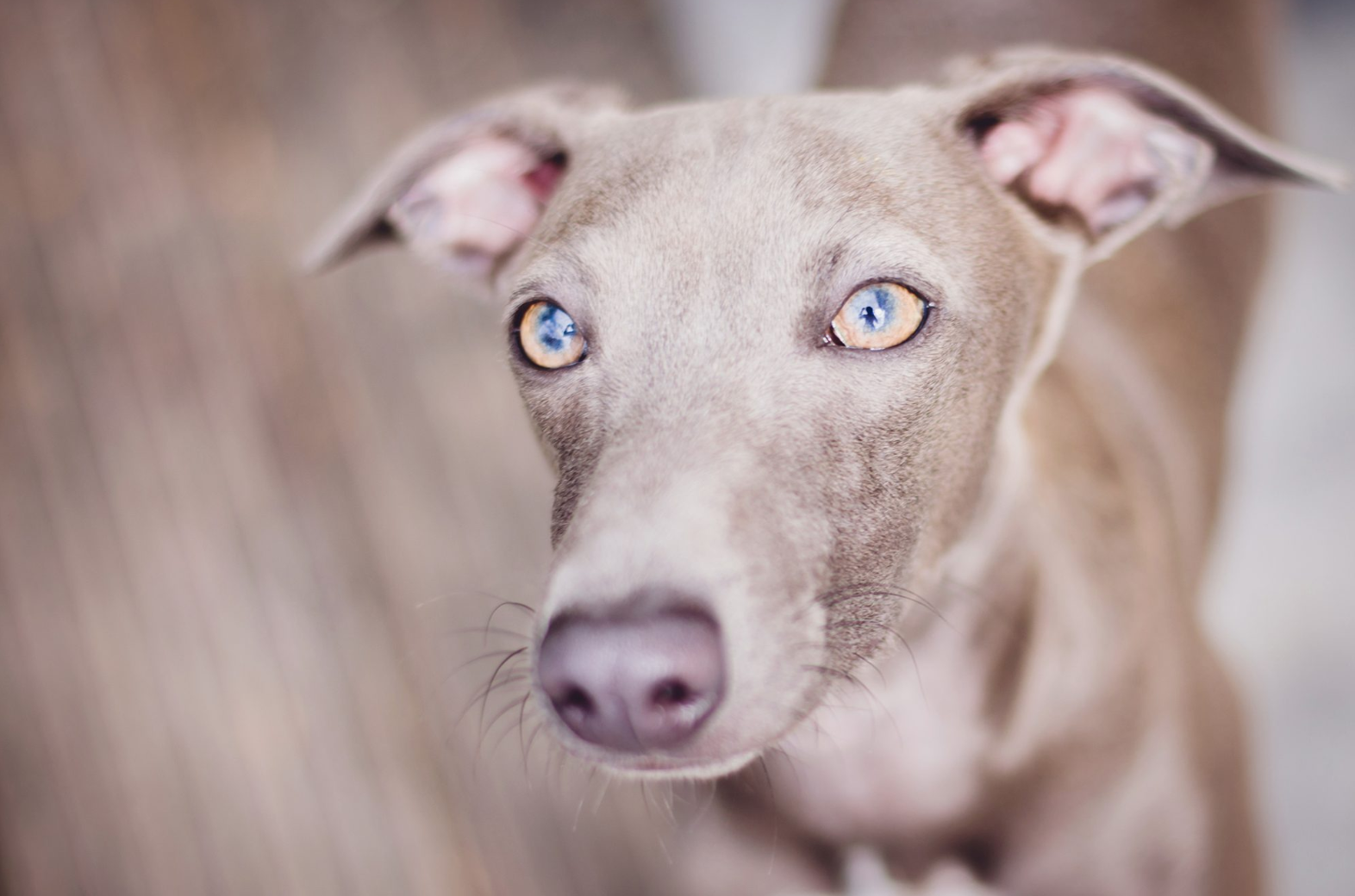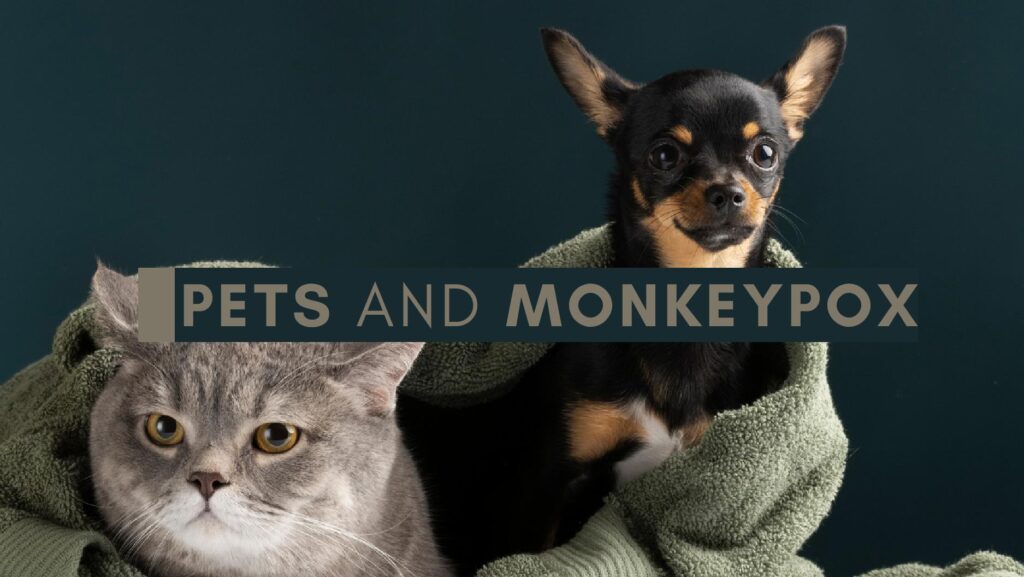The latest infection making its way around the globe is Monkeypox. Although it has been around in humans in Africa since 1970, it seems to be making a resurgence and spreading more efficiently. et was first reported in humans in the US in 2003. The cases in 2003 came from contact with infected pet prairie dogs that had been housed near rodents that had been imported from Ghana. This latest wave of the virus began in May of 2022 and the rapid spread to many countries in the ensuing weeks prompted the World Health Organization to declare monkeypox a global health emergency in July 2022.
What is It and where did it come from?
Monkeypox is in the same family of viruses as smallpox. It was named monkeypox because it was first discovered in research monkeys in 1958. While we know humans, monkeys and apes can be infected with the virus, various African rodents can also harbor the virus and may even be the reservoir host.
How is it spread?
The virus can enter the body through the mouth, eyes, breaks in the skin, or through the respiratory tract. Infected people shed the virus through their respiratory droplets and fluid from their skin lesions. They may pose a risk to uninfected individuals through direct close contact or contact with objects that may have residual virus on them (fomites).
What are the signs of infection in people?
It may take up to two weeks after the virus enters the body for people to show signs. Initially, signs are flu-like (fever, swollen lymph nodes, cough, runny nose, blood shot eyes, headache, lethargy, muscle aches) but eventually a rash develops. The rash progresses to blisters (vesicles) which weep fluid and pus. The disease usually resolves on its own in 2-4 weeks but immune compromised individuals may suffer with higher complication rates.
Can animals besides monkeys, apes and rodents get monkeypox?
Monkeypox is a disease of mammals so potentially there is a risk of infection from infected people to domestic and wild mammals. It appears that some animal species may be more susceptible to infection than others. Rabbits and mice may develop signs of monkeypox under experimental conditions. A dog was recently diagnosed with monkeypox and virus assays as well as timing of the infection suggest the dog was infected by its owner. Although never documented, the potential for spread of the virus to cats should be considered a possibility. Although much less is known about signs and disease progression of monkeypox in species besides primates, signs similar to those described for humans with the history of exposure to infected people or rodents with importation history warrant consideration for monkeypox infection.
How is monkeypox diagnosed?
Samples of vesicle fluid or the thin blistered skin over the top of a vesicle are submitted for analysis and confirmation by PCR testing.
Monkeypox control
There is a vaccine for humans and its use is being prioritized to at risk individuals at this time. There is no monkeypox vaccine for animals at this time.
How do I protect my pet from monkeypox?
We now know that dogs can acquire infection of monkeypox from their infected owners Potentially, other animals may also be susceptible so no contact between infected humans and their pets is advised. Contact with pet’s bedding, food/water bowls and wearable gear may also pose a risk for transmission. If no close contact with your pet has occurred after developing clinical symptoms, then the pet should ideally reside with friends/family outside the home until full recovery of the owner. If close contact has occurred after clinical signs developed in the owner, then the pet should stay home but away from other animals and people for 21 days after the most recent contact. Additional information can be found at https://www.cdc.gov/poxvirus/monkeypox/specific-settings/pets-in-homes.html.
What To Do If I Think My Pet Has Had Monkey Pox Exposure?
Do Not Show Up at an Emergency Room or Vet Office without calling ahead and speaking with a veterinarian first. As of now there is no known treatment available or needed for dogs and cats other than supportive care at home.
We will be monitoring the development of this outbreak and we will update our clients as information changes.
Croton Animal Hospital
Have questions? We invite you to contact us, we’d be happy to address any concerns or inquiries.





